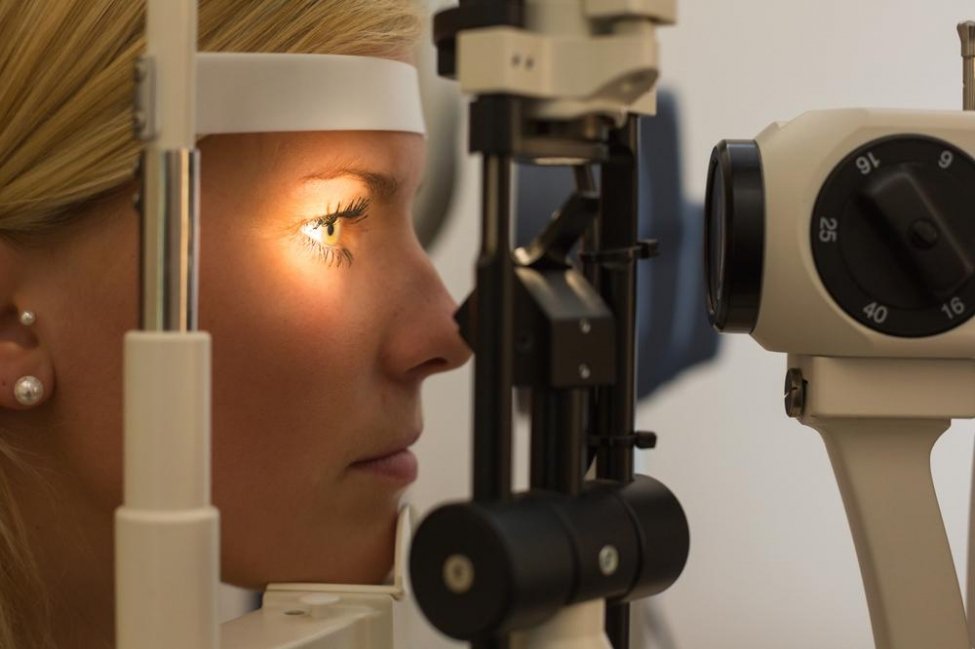Exploring NGS test for ophthalmic diseases
September 08, 2020 | Tuesday | Views
The diagnostic yield of the NGS testing in ophthalmological diseases is about 50-70%
Image credit- shutterstock.com
The purpose of the genetic testing is to identify the underlaying genetic defect in the affected case or family. Firstly, it answers the cause of the disease.
Second, if the disease casing mutation/gene is identified, it reveals the pattern of inheritance, autosomal or X-linked, dominant or recessive, thereby facilitating in risk prediction of the disease in the family. This opens the possibility of offering prenatal genetic diagnostics wherever appropriate.
With time researchers and scientists are constantly evaluating the in-depth genetic information available to understand the progression and prognosis of the disease. Though most of the inherited ophthalmic diseases do not have a cure, the requisite for any patient to be eligible for gene therapy is to know the underlying genetic defect which can be known by genetic testing.
In case of a patient who is diagnosed with cancer of the retina, genetic testing in retinoblastoma helps in prognosis of the disease to determine whether it is familial or sporadic.
This information changes the recurrence risk of the disease in the family members and the next generation and in turn helps in disease management, surveillance, and follow-up.
The benefits of next generation sequencing (NGS) based testing is that it offers targeted panel testing (only disease specific candidate genes are screened), clinical exome (all clinically significant genes), whole exome (WES) or whole genome sequencing (WGS) (currently more under research testing). The diagnostic yield of the NGS testing in ophthalmological diseases is about 50-70%.
In earlier days, diagnostic genetic testing was not comprehensive because screening all the candidate genes for a given disease was time-consuming and expensive. With advancement in technology and innovation in science the process of NGS has evolved to offer comprehensive, affordable genetic testing with a very short turn-around time of 3-4 weeks.
Though genetic testing for risk prediction of age related complex ophthalmic diseases like age related macular degeneration, glaucoma, diabetic retinopathy, is currently not available, case-control studies on very large cohorts across the globe over the years have generated vast data and polygenic risk score (PRS) for these diseases are slowly emerging which would be available soon.
Dr. N Soumittra, Disease Head, Ophthalmology, MedGenome, Bengaluru










